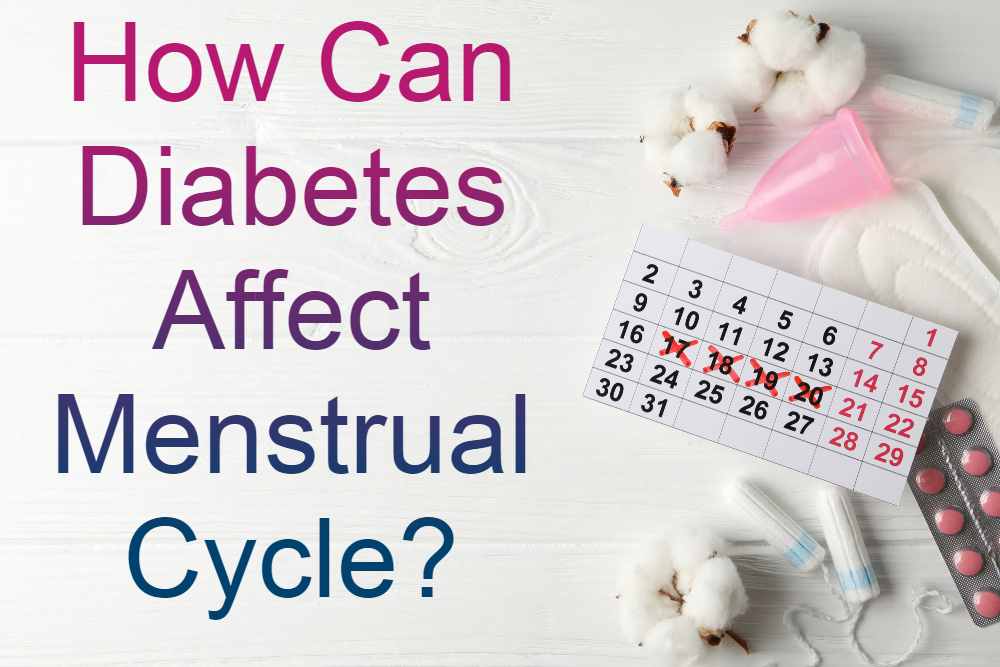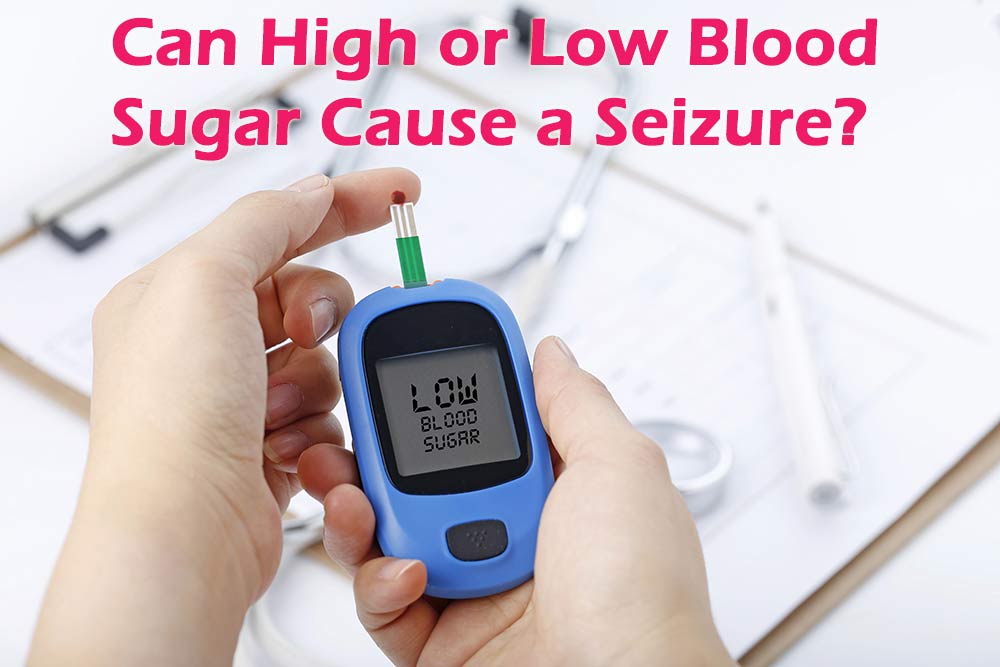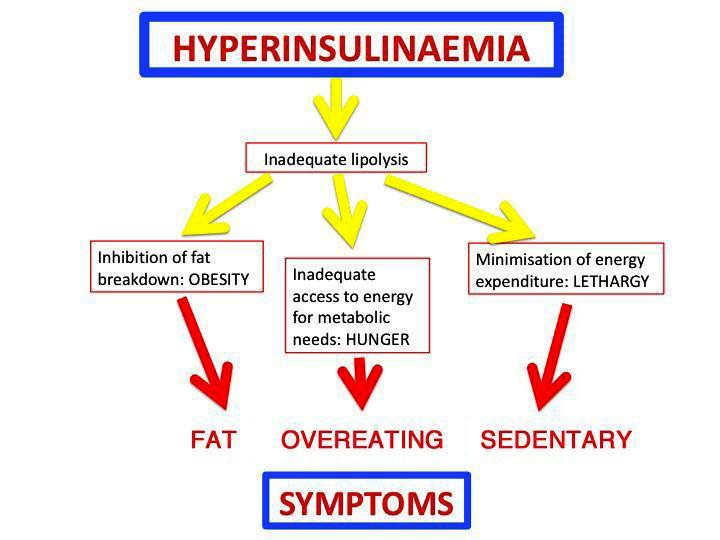Medical Advisor
Last updated on October 5th, 2023Different phases of the menstrual cycle might have diverse effects on a patient’s blood glucose levels. The effect might also differ from individual to individual as well as from month to month. Recording the level of blood sugar results may be useful in locating patterns in the sugar levels and help …
Last updated on March 1st, 2022Diabetes significantly affects a person’s pancreas; however, living with this state frequently influences a person’s mental health as well as mood. A person might experience mood swings when his or her blood sugar levels go too high or low. Stress, anxiety, and depression may also rise. Regular diabetes management may at …
Last updated on April 9th, 2022Wondering about the connection between diabetes and Alzheimer’s? You’re not alone. Many are surprised to learn that these two conditions might be more closely linked than we once thought. In fact, some researchers are now calling Alzheimer’s “Type 3 diabetes.” Sounds wild, right? Well, stick around because we’re about to dive …
Last updated on July 28th, 2023Hyperglycemia is also called high blood glucose. Even though it’s a common diabetic complication, hyperglycemia may occur to anybody. If left unmanaged, high blood glucose may give rise to hyperglycemia-associated seizures. Approximately 25% of diabetics would experience seizures. Frequently, these occur due to low blood glucose. On the other hand, if …
Last updated on July 4th, 2024According to the Mayo Clinic, Hyperinsulinemia occurs when the pancreas produces too much insulin, the hormone responsible for regulating blood sugar levels. This overproduction is typically a response to insulin resistance, where the body’s cells do not respond effectively to insulin. Under normal circumstances, insulin helps cells absorb glucose from the …
Last updated on July 28th, 2023Staying hydrated is vital for every person, particularly considering that water constitutes above ½ of the human body. 60% of the human body is made of water, 85% in brains, 75% in muscles; it works just like oil to a machine. However, people don’t drink enough. As individuals having diabetes, drinking …




 English
English













